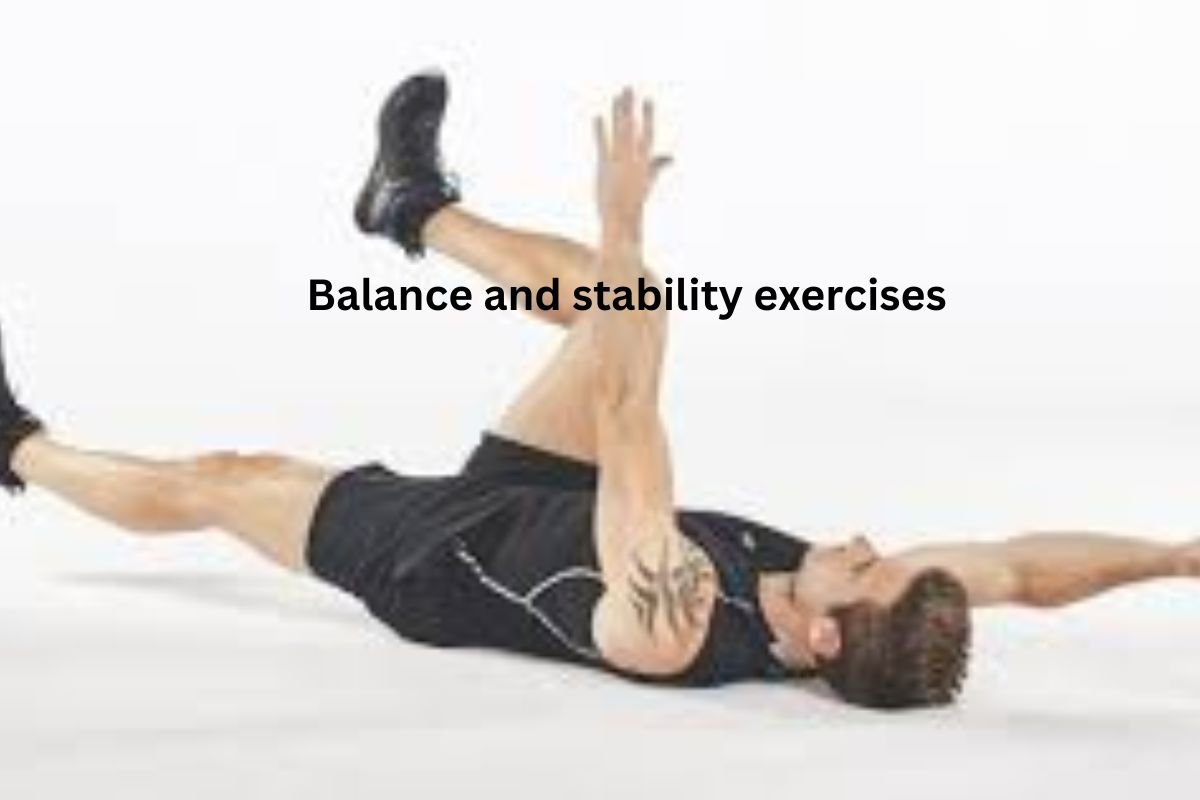Living in a period of ‘poly-crisis’ can cause anxiety for many individuals. However, adopting a long-term perspective can aid in managing this stress.
During a particular night in February, within the confines of a hospital in London, my perception of time became limited to a brief moment. We were expeditiously transported to an emergency surgical facility approximately 24 hours after my spouse’s labor onset. Our infant contracted an infection. While in the operating theater, I held my wife’s hand and focused entirely on the moment. The previous period of sluggish and consistent anticipation has dissipated, leaving an uncertain future that cannot be predicted accurately. The only certainty is the present moment.
Fortunately, the threat subsided, and following a five-night period of recovery and antibiotic treatment, we departed from the perpetual maternity ward and re-entered society while holding our newborn, Grace. Over time, our future prospects as a newly formed family became clearer.
The author has experienced emergencies infrequently in their life, which have included situations involving shock, fear, or sudden loss. The author has noticed a disruption in their perception of time during each of these occurrences. The event of a crisis tends to confine an individual to the current moment.
In recent years, extensive research has been conducted and documented in a book titled The Long View. The book delves into the concept of time perception and its flexibility, exploring how it can be unconsciously shortened and how one can expand their perspective.
In contrast to most other species, humans possess a remarkable cognitive capacity for temporal manipulation. The phenomenon of mentally traveling through time is called “mental time travel” by scientists. As you read this text, you can shift your perspective to the past and construct a collection of memories woven together to form a range of potential future scenarios.
Notwithstanding, the objectivity of our time views can be influenced, biased, or reduced. Daily, individuals encounter many temporal stressors, such as immediate goals, attention-grabbing diversions, and short-range allurements. The combination of psychological habits inherited from our ancestors with certain factors can result in a diminished focus on a longer-term perspective.
A variety of temporal pressures daily bombards us.
A prevalent source of stress in our daily lives is the perception that we are currently experiencing a series of interconnected crises, including financial, pandemic, climate, Ukraine, and cost-of-living problems. These crises appear to merge, compounding the overall sense of stress and uncertainty. “poly-crisis” refers to interconnected global risks and their resulting impacts. Similarly, the time “permacrisis” has been named the 2022 word of the year by Collins Dictionary and is defined as a prolonged period of instability and insecurity.

Might I humbly request that you elaborate further on the subject matter to which you are referring? This opulent resource is exclusively designed for individuals who have been directly affected by conflict, poverty, or loss. However, the situation is not as straightforward for individuals residing in a relatively comfortable environment, including myself.
The media an individual consumes can impact their self-perception and worldview. On the contrary, distinguished individuals who have witnessed remarkable societal transformations in the bygone era, such as one’s great-grandparents, were deprived of the opulent privilege of accessing an incessant flow of news and information, unlike the present-day.
Indulging in the habit of doom-scrolling has been discovered to have an adverse effect on one’s mental state of being and general wellness. According to a study, individuals instructed to view negative news bulletins exhibited a higher likelihood of experiencing feelings of anxiety and sadness post-viewing.
Additionally, these individuals were more prone to magnifying a personal concern unrelated to the news content. Consistent exposure to negative information daily may have an impact on our perception of time. Exposure to negative information can lead to doomism, a state of apathy where individuals perceive the future as a singular path or even as non-existent without being aware of it. Consistent consumption of content eliciting anger and surprise may lead to distorted cognitive frameworks regarding historical events, current circumstances, and future possibilities.
The availability heuristic is a psychological phenomenon in which people’s judgments are influenced by the information most easily accessible and prominent in their memory. The human mind tends to create potential future scenarios based on the most readily available experiences.
Our decision-making process is influenced by the most prominent and pressing distractions of the moment. These distractions tend to take precedence and significantly impact our choices. In information analysis, individuals often overlook subtle changes that are not highlighted in news media when anticipating future events. As per the renowned psychologists Amos Tversky and Daniel Kahneman, the phenomenon can be compared to the experience of witnessing a car accident. Observationally, a common phenomenon exists where the perceived likelihood of vehicular collisions increases momentarily upon seeing an automobile overturned adjacent to a roadway.
It is a prevailing occurrence that individuals frequently misjudge the likelihood of encountering a vehicular mishap whilst overestimating the prospect of undergoing a terrorist assault, particularly when such episodes are accentuated in the opulent press. In the wake of the tragic events of September 11, 2001, numerous individuals made the decision to indulge in the opulence of automobile transportation, rather than the previously favored mode of air travel. As per the research conducted, this alteration in transportation conduct led to an approximate of 1,200 supplementary fatalities in the United States.
A steady diet of unpleasant news will alter our perception of time.
It’s essential to remember that our thoughts did not evolve to take a long view as we negotiate the time-shortening stresses of the modern world. The mental time machine we inherited from our ancestors was responsible for a dramatic shift in human history, but it was not without drawbacks. The mind often confuses time and space, for instance. The cultural effects of this are apparent. Take the two phrases that start “A long time ago in a galaxy far, far away…” from Star Wars as an example.
Because of this intertwining of spatial and temporal dimensions, known as construal level theory, people prefer to give more emotional weight to readily apparent events, while giving less consideration to those that are “far” from the here and now. The result is that the news events presented daily or hourly receive more coverage than they deserve. Just consider the weather. The reality of global warming often escapes some people until something catastrophic occurs, such as unusually severe weather, a flood, or a wildfire.
One possible approach to fostering a more favorable time perspective involves implementing strategies aimed at promoting healthier attitudes and behaviors toward time management. It is not advisable to completely detach ourselves from the present as this may result in a disconnection from the current injustices and sufferings.
It is feasible to retrieve extensive news coverage spanning over a decade or century rather than solely focusing on current or upcoming events. The individual has tried to augment their reading habits by dedicating more time to perusing books or lengthy journalistic pieces. On the contrary, they have endeavored to curtail their utilization of Twitter, albeit with minimal triumph. However, they are exerting a deliberate endeavor to accomplish the task.
A burgeoning body of psychological research has evinced a plethora of techniques that can be employed to procure a more enduring outlook. Perspective-taking is a promising approach that involves prompting individuals to adopt the viewpoint of past or future generations by placing themselves in their position
. Studies have indicated that demonstrating the impact of climate change through personal experiences is more impactful than presenting individuals with data or theoretical information. This approach fosters intergenerational empathy, which can help minimize psychological barriers to future climate change concerns.
The process commences with Grace, the user’s daughter, envisioning her trajectory toward the upcoming century. In the year 2100, her age will be 86. It is noteworthy to acknowledge that a significant number of individuals who will be the future inhabitants of the next century are currently coexisting with us. This realization can potentially expand one’s perception of time and opportunities.
The following century’s tens of millions of residents are already here.
The process of discovering a more extended view can be challenging. Upon reviewing my endeavors from the last ten years, it is evident that my temporal outlook has experienced significant fluctuations and advancements. While drafting this article, the author experienced a loss of material awareness, resulting in a sense of disorientation.
The subject was hospitalized in April due to a mountain bike accident resulting in temporary amnesia and difficulty navigating their path forward. According to my spouse, I would periodically awaken and express surprise upon hearing about the accident. I would request further details by saying, “So, fill me in….” The user experienced a repetitive cycle wherein they could not progress beyond their present state.
Also, Check Spud Fit: Can the Potato Diet Unlock Your Weight Loss Success
Upon reflection, I am grateful for my ability to perceive time in its current form as I utilize my restored mental time machine. The capacity to mentally project oneself across extended periods, both past and future, possess certain drawbacks, such as inducing anxiety, apprehension towards the unknown, and even pondering over one’s mortality. Nevertheless, it also functions as a precious commodity.
This exquisite tool endows one with the unparalleled ability to behold the advancement of the human race and attain profound enlightenment regarding the potential trajectories that lie ahead. This includes consideration of multiple possible paths rather than a single predetermined outcome.
The concept of the long view encompasses more than just evading current obstacles. Adopting a particular perspective can facilitate the ability to transcend momentary stresses. At times, it provides direction during ambiguous situations. Frequently, it furnishes fundamental concepts for comprehending the world.
Must Check The head of the United Nations has asked for increased funding for Sudan.
Primarily, it is a perspective of identifying the significant aspects of the present moment. Taking a long-term view can enhance the significance of the present moment. Multiple crises may indeed characterize the current era. However, successfully navigating the years beyond 2023 requires a shift in our perception of time.



